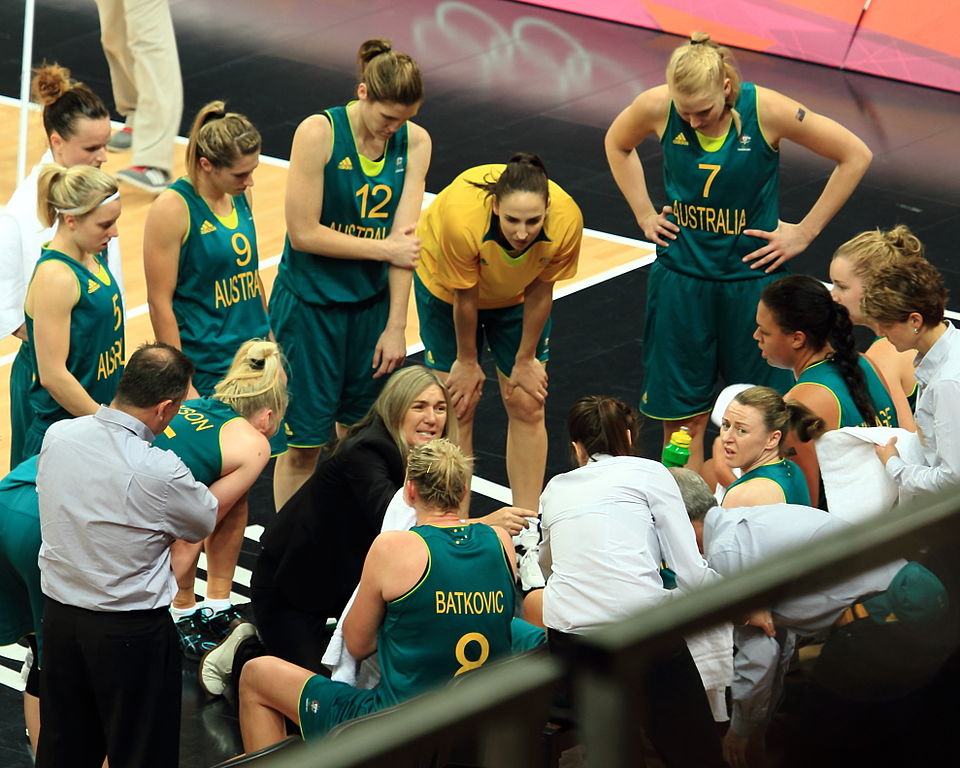
To become a sports leader takes a set of skills beyond an ability to play your sport. In every sport, there are those like Jack Elway, who have great statistics and excel. Yet many of these players have peers who do not look up to them or count on them for their leadership. While there are others that everyone in the league agrees is a true leader. The difference between these two players is that the second has developed leadership qualities. Here is a description of two of the most important qualities of a sports leader.
Have High Emotional Intelligence
At the root of all decision making sits emotional intelligence, which forms the base for emotional well-being and how that person makes decisions. It also forms the foundations for self-esteem which provides us with an ability to take on tough challenges. Sports leaders have matured emotionally and have a strong sense of self-worth; knowing how they want to treat people and be treated.
The core of this confidence can often be traced back to the person’s childhood and how they interacted with their parents. Did they have healthy and productive relationships with them? If so, there is a good chance that they matured a lot emotionally during that time. As they grew into their teens and peer focus became prevalent, if they had a great emotional foundation established with their parents, they could use this to set up relationships with their peers. If not, they might tend to gain an emotional grounding from their peer group, which can be shaky and often leads to problems for the young person. You will often hear sports leaders talk about someone who had a major emotional impact in their life. It might be a dad, mom or even a coach who acted as a father figure and provided an emotional grounding, and the key elements of emotional intelligence: how to identify their feelings, comprehend where they come from, and then learn how to deal with them.
Research has shown that emotional intelligence is a major predictor of success in relationships and can also tell whether the person is likely to make healthy choices in life. So sports leaders are likely to have very high emotional intelligence.
Take Responsibility
Sports leaders are always prepared to take responsibility for the conditions and outcomes of teams and games with which they are involved. Someone who is responsible accepts what their role is and the positive or negative consequences that result from their choices.
In many sports organizations and in society in general today too often qualities like responsibility are not stressed and nurtured and as a result they are not seen enough. The result is that too many people look to pass blame onto others and never get the lessons we all need to get from our failures. Failures often teach us more than victories and in fact they are also often the biggest part of a victory. Any sports leader will tell you that it is the things they learned while failing that made them so strong a competitor and leader. When you take on the responsibility role you also place yourself firmly in a position to fix whatever problem there was that occurred. Own it and then repair it. Sports leaders understand this so they always look to take responsibility.
These two qualities are important to understanding why someone becomes a sports leader. If you want to lead, focus on improving your leadership skills as well as your playing skills.
